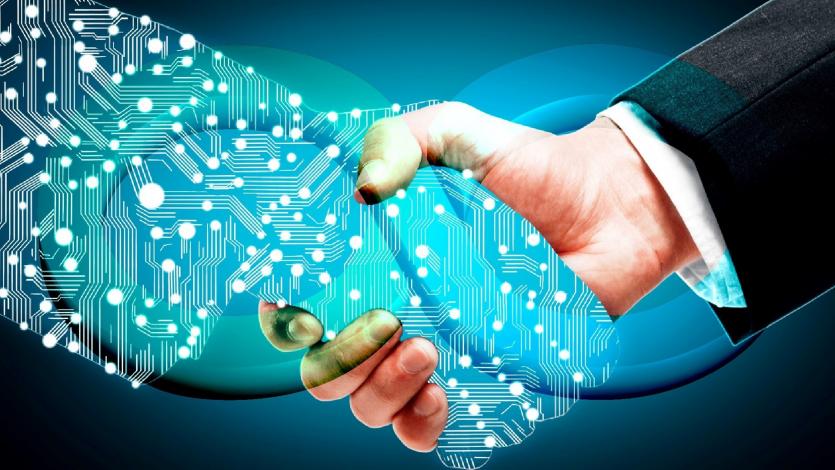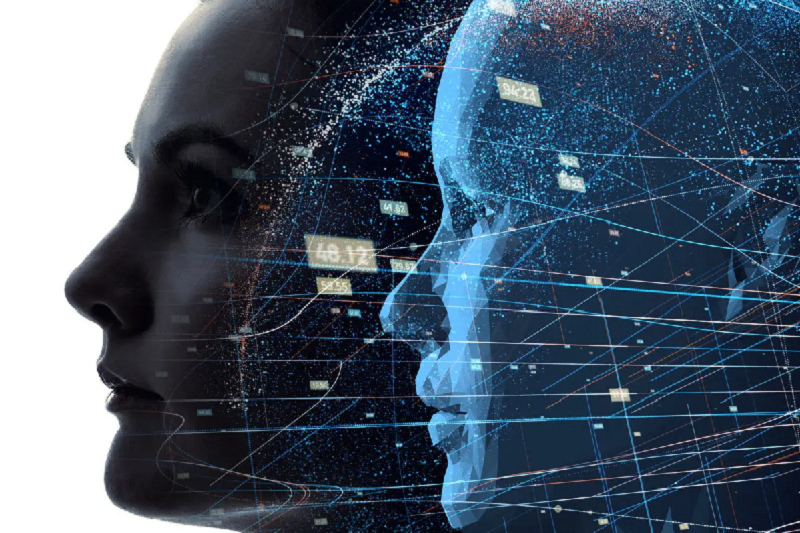Copying Information And Thoughts Of A Person – Waiting For The Digital Twin
One Of The Buzzing Topics These Days In The World Of Information Technology Are Digital Twins.
A digital twin, in the simplest definition, refers to a copy of information and thoughts of a person.
To be more precise, what we used to watch in movies and mini-series like Upload is entering the real world.
Interestingly, great people like Ray Kurzweil have predicted that we will probably all have a digital version in the next decade, which, of course, with the introduction of technologies such as virtual worlds into our daily lives, this concept is not far off.
A digital twin in an ideal situation makes the same decisions as your physical self, which, again, if you’re into fictional movies, is something like The Sixth Day. Most of us think we are special and unique; nothing can replace but wait.
The situation will be completely different if you give AI enough information to make inferences about your personality, social behavior, and decisions in areas like shopping.
We are in the era of big data; That is, there is a vast amount of information about our attitudes and interests and how we think on social media, the Internet, and smartphones, all collected by intelligent robots away from our eyes. Imagine analyzing your shares, likes, and posts on websites and social networks. The results of these analyzes will most likely make your digital twin bigger than you!
Its In the sense that he can make better decisions.
It is unclear how much organizations are interested in collecting data about us. Unfortunately, seemingly innocuous apps like those used to order coffee can gather much information about you. For example, imagine your purchase history of e-books, clothes, and gadgets is collected from all shopping programs.
Naturally, companies will get detailed information about your moods, lifestyle, and interests. A notable example in this regard was the Cambridge Analytica scandal, which showed how far companies are interested in influencing people’s lives.

One of the critical concepts surrounding the digital twin is the concept of loyalty. Fidelity is how well a copy or model matches the person’s model. Fidelity in digital simulation and copying refers to the degree to which the digital sample is identical to the actual piece. A digital twin requires high fidelity to accommodate real-world, real-time information.
On the plus side, digital twins bring significant industry gains. Suppose we can simulate and model a human-machine interactive system. In that case, we will be able to allocate resources to predict shortages, breakdowns, and various incidents, without a human being exposed to real threats. A digital twin has a lot of data about a person’s interests, biases, and excellent and destructive behaviors. As a result, it can predict a person’s behavior in different situations with a high accentor.
Thaccentorirements are a reminder that achieving a true digital twin is complex but not far-fetched. Also, if companies come to the general conclusion of lowering loyalty levels, you may have your digital twin in a few years.
However, there are specific concerns about the ethical issues of this technology.
Creating a digital twin has many social and ethical implications, especially in data integrity, the accuracy of a model’s prediction, the monitoring capacities required to develop and update a digital twin, and the ownership and access to a digital twin. In addition, statistics and figures are not always accurate. The data collected about us relies on our behaviors and habits in certain situations. For this reason, there is always a possibility of an error in collecting and interpreting statistics.
One of the critical ethical issues in this context is misinterpretation. Usually, when we look at numbers, we realize that they have specific purposes and are mainly used in measuring tools. Hence, the algorithm assumes that numbers have objective meanings and are explicit.
However, a measurement tool may work well in one context but not necessarily in all contexts. Another legal issue in this field is the lack of balance between data, privacy, and surveillance.
The more limited the data collected, the bigger the digital divide. Another issue is cultural conflicts. Imagine a society based on tradition, and everything is done the traditional way. In contrast, in another organization, everything is simulated and based on artificial intelligence’s digital prototype in such a situation; how can these two societies interact with each other in a case where digital twins and artificial intelligence do everything thousands of times faster?
Also, there is always the possibility of people misusing digital twins, which is why we need constant and independent monitoring to ensure that digital rights are protected. Either way, the emergence of virtual worlds and the mixed reality hardware that can be used in these worlds point to the fact that, agree or disagree, we will be able to do some things shortly. We will need a digital twin.

